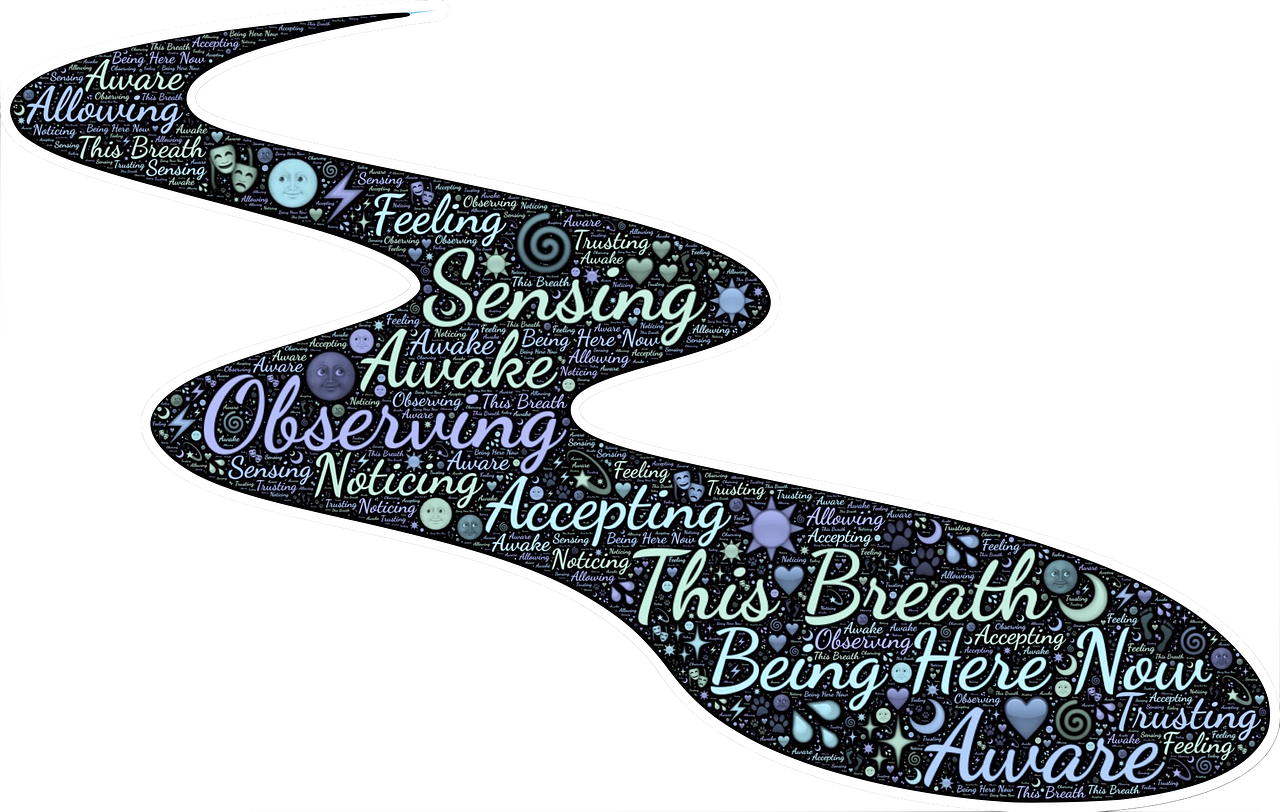A non-judgmental attitude involves approaching situations, people, and experiences without forming opinions or making evaluations based on preconceived notions or biases. It means accepting others as they are, being open-minded, and practicing empathy. Here are some key aspects:
- Acceptance: Acknowledging that everyone has experiences, beliefs, and choices without labeling them as right or wrong.
- Empathy: Trying to understand others’ feelings and perspectives, even if they differ from your own.
- Curiosity: Asking questions and seeking to learn more rather than jumping to conclusions.
- Self-Awareness: Recognizing your biases and judgments, and striving to set them aside.
- Compassion: Offering support and understanding instead of criticism or blame.
Practicing a non-judgmental attitude can foster better communication, deeper connections, and a more inclusive environment.
How To Build Non-Judgmental Attitude?
Building a non-judgmental attitude takes practice and mindfulness. Here are some strategies to help you develop this mindset:
- Practice Self-Awareness: Make it a habit to regularly examine your thoughts and emotions. Notice when judgments arise and consider their sources.
- Challenge Assumptions: Question your preconceived notions about people and situations. Ask yourself why you hold these beliefs and whether they are fair.
- Listen Actively: Focus on truly understanding others when they speak. Avoid interrupting or formulating a response while they’re talking.
- Embrace Curiosity: Approach interactions with a desire to learn. Ask open-ended questions that encourage sharing and deeper understanding.
- Cultivate Empathy: Try to put yourself in others’ shoes. Consider their backgrounds, struggles, and perspectives to develop compassion.
- Mindfulness Practice: Engage in mindfulness exercises, such as meditation, to help you become more aware of your thoughts and reactions without judgment.
- Accept Differences: Recognize that diversity in opinions and experiences enriches life. Celebrate rather than criticize differences.
- Reframe Negative Thoughts: When you catch yourself making judgments, shift your perspective to emphasize understanding instead. For example, Instead of thinking, “That’s a bad choice,” you could say, “I’m curious about the reasons behind their decision.”
- Limit Exposure to Judgmental Environments: Surround yourself with people who share a non-judgmental outlook and avoid those who frequently criticize or blame.
- Be Patient with Yourself: Building a non-judgmental attitude is a gradual process. Be kind to yourself as you learn and grow.
Consistent practice of these strategies can help you develop a more open and accepting mindset over time.


